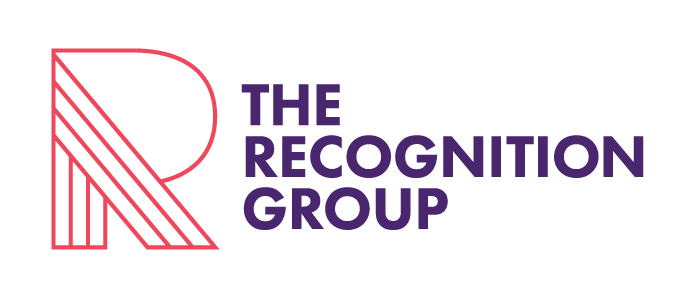Six ways to become a trusted advisor
By Adam Benson, director
In the simplest terms, professional services organisations exist to give people advice that will help make their lives better or their businesses more successful. Too many professional services firms fail to understand the importance of building trusting relationships. Without trust, people are likely to ignore or discount the advice provided. Worse, the professional services firm may be unable to give the best possible advice because their client didn’t give them all of the information.
Developing that trusting relationship is a hallmark of a competent and engaged professional services firm. We have all been the recipient of a phone call or in-person visit where the person who says they can improve our lives or our businesses clearly has no idea who we are, what challenges we face or how we operate. They have missed a critical step: building a relationship based on trust. Without it, they can’t help us.
Everyone has their own way of developing a trusted relationship. Here are six rules to live by when it comes to building trust:
1. It’s not about you
Knowledge and experience are, of course, vital in terms of establishing credibility. Trust is a different matter entirely. To demonstrate that someone can trust you and your advice, you must consistently put their interests first. This means interacting with your client outside of paid projects. Giving them advice or insights without expecting an instant reward. Moving away from a transactional relationship where the only purpose for interacting is to increase the amount of money the client spends with your firm.
The best way to achieve this is to take a genuine interest in your client’s business. If you aren’t curious about their business and industry then you are unlikely to be able to deliver sound advice and another client may be a better fit for your agency.
Sometimes it’s your job to deliver insights that clients don’t want to hear or acknowledge. Be prepared to risk the business in order to tell clients the truth, not what they want to hear.
Remember, simply being right isn’t enough to create trust. You must also be helpful, offering advice that can improve the client’s business or solve their challenges
2. Take it slowly
It’s vital not to assume that a trusted relationship will necessarily develop. Instead, you must take the time to get to know the client. Trust develops in stages. In a first conversation, trust begins to build only to the extent that the person is willing to have a second conversation. Then a third. As the person begins to trust you with more information, you can begin to piece together the ways that you can help them. If you use the first conversation to try to convince the person that you can help them achieve their goals, they are likely to question your motives and your competence.
3. Listen
As professional communicators, part of our job is to tell clients things. But this can go wrong when we get so focused on showing them what we know that we don’t actually hear what their problems are.
Listening carefully is critical. Set aside your own agenda in order to listen effectively. It’s important to look beyond what is said, to find out what is meant. This means not jumping in with advice or solutions straight away but waiting to hear everything your client has to say. Asking the right questions is the most valuable way to achieve this.
Figure out what your client really needs, then deliver. Sometimes a client will mention something at the end of the formal conversation, or as an aside, and that turns out to be what they really want to talk about.
By the same token, learn to tell the difference between when a client wants advice and when they just want a sympathetic ear. You don’t have to solve every problem.
4. Deliver
Results speak louder than words. The ability to achieve positive results is one of the most important factors in developing trust.
It is also vital to be consistent. By doing what you say you will, you build a reputation for reliability and honesty.
It takes time to prove your worth and some people will begin to trust you sooner than others. It is important to be patient, and continue to deliver valuable insights and achieve strong results.
5. Communicate thoughtfully
If the only time you communicate with your client is by email then you are not likely to be communicating effectively. Telephone is better and face-to-face contact is best: it’s the only way to create a human relationship.
Be considerate in how you communicate. The best advice in the world will be ignored if it isn’t delivered effectively. Some approaches can cause clients to feel defensive or offended, which is counterproductive.
Be authentic. Don’t try to be something that you think your client needs. Trust can only be built on a personal connection and it can’t be forced.
Work together with the client to find a solution that works for them. Bringing them along with you on the journey makes them feel more like part of the solution and it increases the level of trust because they can get an insight into how you work and how you think.
6. Put your own ego away
Don’t be afraid to admit that you don’t know the answer straight away. One of the reasons organisations turn to professionals for help is because they want the input of an experienced team rather than just one person. It can give people confidence to hear that you want time to think about and research the problem, or to get input from the wider team. Off-the-cuff solutions are often less trustworthy than those that have been carefully considered. This is particularly true if you are a younger or less-experienced practitioner; never be afraid to get advice from people with more or different experience.
